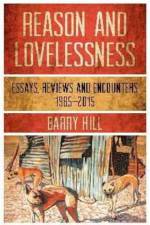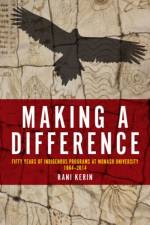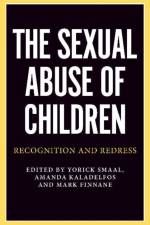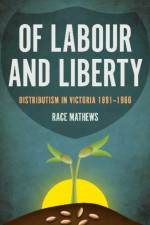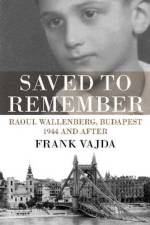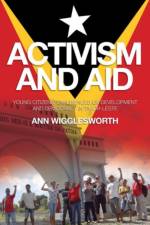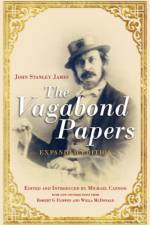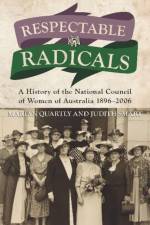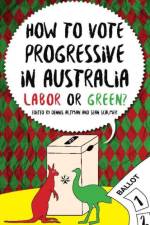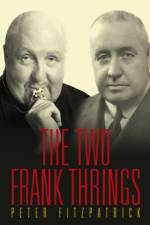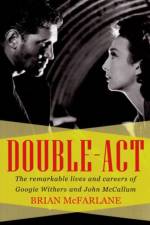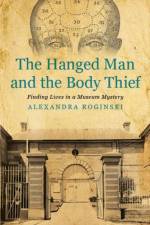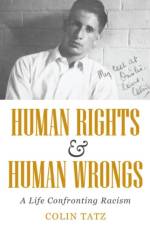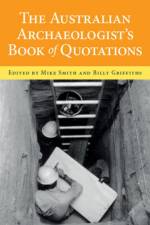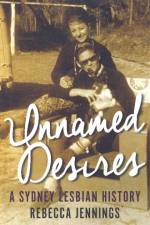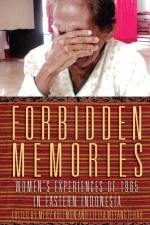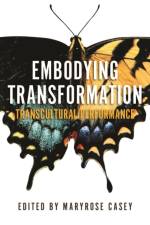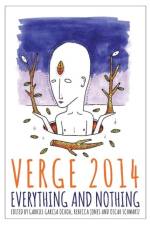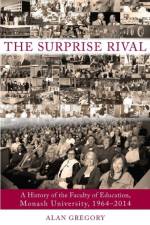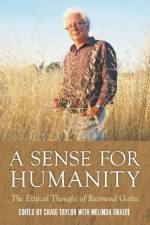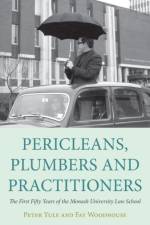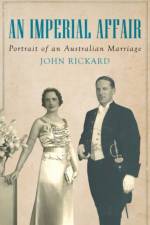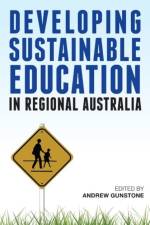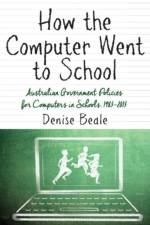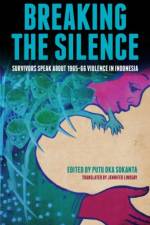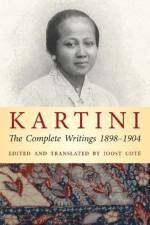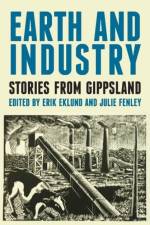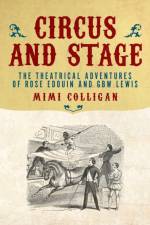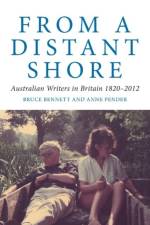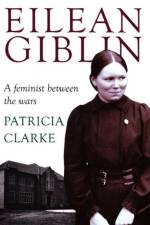- Essays, Reviews and Encounters, 1980-2017
av Barry Hill
415
Barry Hill is a multi-award winning writer of poetry, essays, biography, history, criticism, novels, short stories, libretti and reportage. His major works include Sitting In (1992), a landmark memoir in Labour History; Broken Song: TGH Strehlow and Aboriginal Possession (2002), a literary biography and essay in Aboriginal and frontier poetics; and Peacemongers (2014), a pilgrimage book set in India and Japan, and a meditation on 'peace thinking' by the likes of Rabindranath Tagore and Mahatma Gandhi in the years leading up to the atomic bombing of Hiroshima and Nagasaki. Each book has been groundbreaking in different ways: deeply, originally researched, crossing genres, multi-disciplinary, combining the personal with the generically philosophical. As a writer Hills voice is informed by his Australian working-class and militant union background, which has been distilled by his higher education in history and philosophy at the Universities of Melbourne and London. After a decade working as a teacher, educational psychologist and a journalist in Melbourne and London, he has been writing full-time since 1976mainly based in Queenscliff, Victoria, but with stints at the Australia Council flat in Rome, where he finished poetic/dramatic works on Lucian Freud and Antonio Gramsci, and returns to Central Australia. In recent decades he has deepened his studies In Chinese and Japanese, which is in keeping with his long-term interest in Buddhism. Hills voice is unique, and his insight both profoundly important and capable of taking the reader to places not glimpsed before or imagined visible. This collection of essays, reviews and reportage amply demonstrates the quality and enduring importance of Hills contribution, in these genres, to Australian literary and intellectual life.

